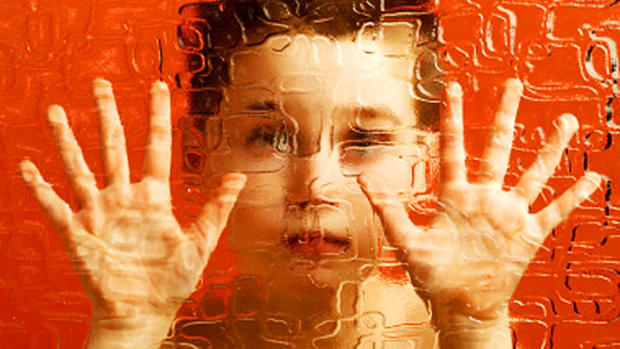ADHD more common among youngest kids in class: Overdiagnosed?
(CBS News) Children with attention deficit-hyperactivity disorder may be diagnosed because of problems paying attention, family history, or as new research suggests, because they're younger than their classmates.
PICTURES: Does your child really have ADHD? 17 things to rule out first
A Canadian study has shown that the youngest children in class are far more likely to be diagnosed with ADHD and treated with medication. But that doesn't mean the children necessarily have the disorder, according to the study's authors.
"Our study suggests younger, less mature children are inappropriately being labelled and treated," study author Richard Morrow, a research analyst at University of British Columbia, said in a written statement. "It is important not to expose children to potential harms from unnecessary diagnosis and use of medications."
For the study, published in the March 5 issue of the Canadian Medical Association Journal, researchers examined data on nearly 938,000 children from British Columbia, Canada. All schools in British Columbia have a cut-off to get into kindergarten or first grade by Dec. 31, 2011, which means kids born in December would be almost a year younger than a those born in January.
The researchers found children born in December were 39 percent more likely to be diagnosed with ADHD, and 48 percent more likely to be treated with a medication for ADHD than their counterparts.
Dr. Thomas Power, who directs the Center for Management of ADHD at The Children's Hospital of Philadelphia, told WebMD that younger students tend to struggle more academically than their older peers.
"This study shows that they also struggle more with attention and impulse control," Power said. "It also emphasizes the importance of evaluating children for ADHD in relation to peers of similar gender and age."
Needlessly being prescribed medication for ADHD may also contribute to other problems. Stimulant medications used to treat ADHD have been tied to a decreased appetite in children, sleep problems, tics, and in rare cases, cardiovascular or psychiatric problems. A federal study last year however found risks for heart attack, stroke, and sudden death among kids taking ADHD medication were no higher than children who didn't take the drugs, HealthPopreported.
According to the CDC, about 5.4 million kids in the U.S. are diagnosed with ADHD. Rates of diagnosis have increased an average of 5.5 percent per year from 2003 to 2007.
The CDC has more on ADHD.


